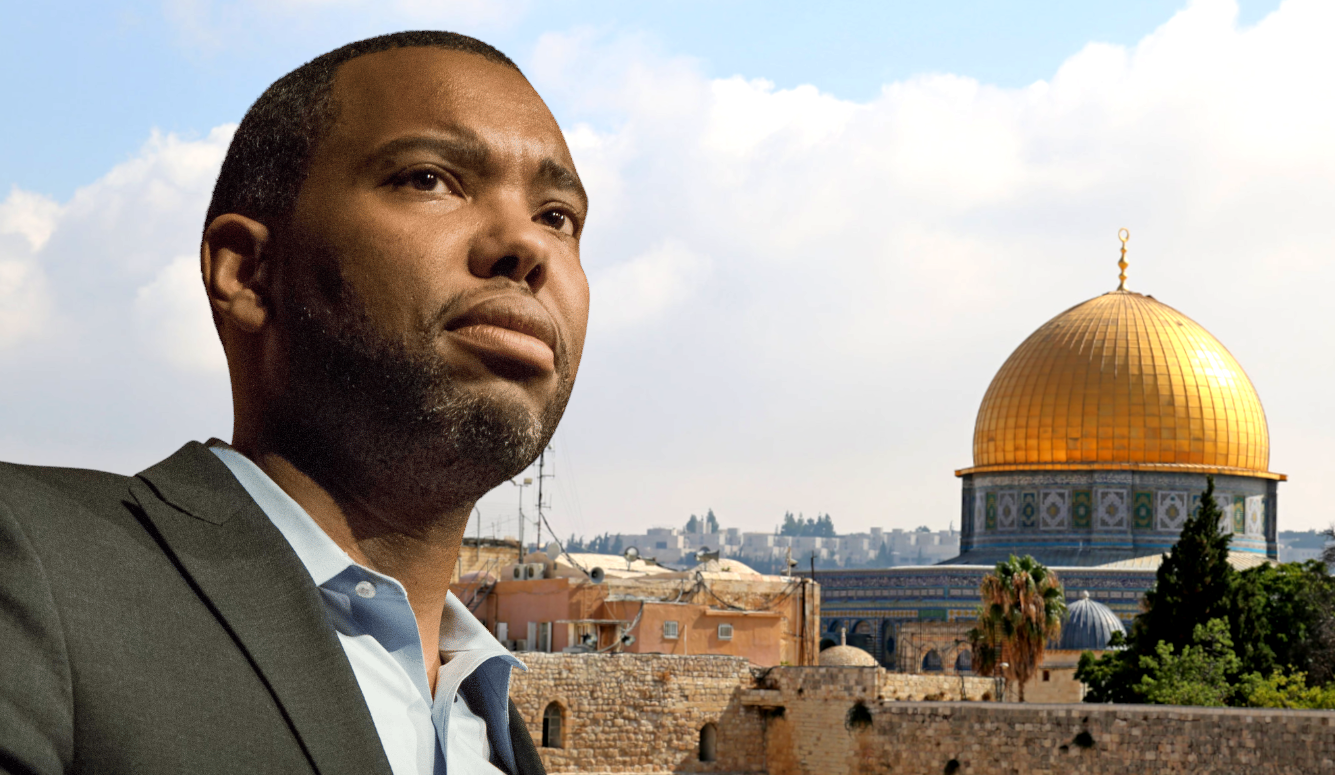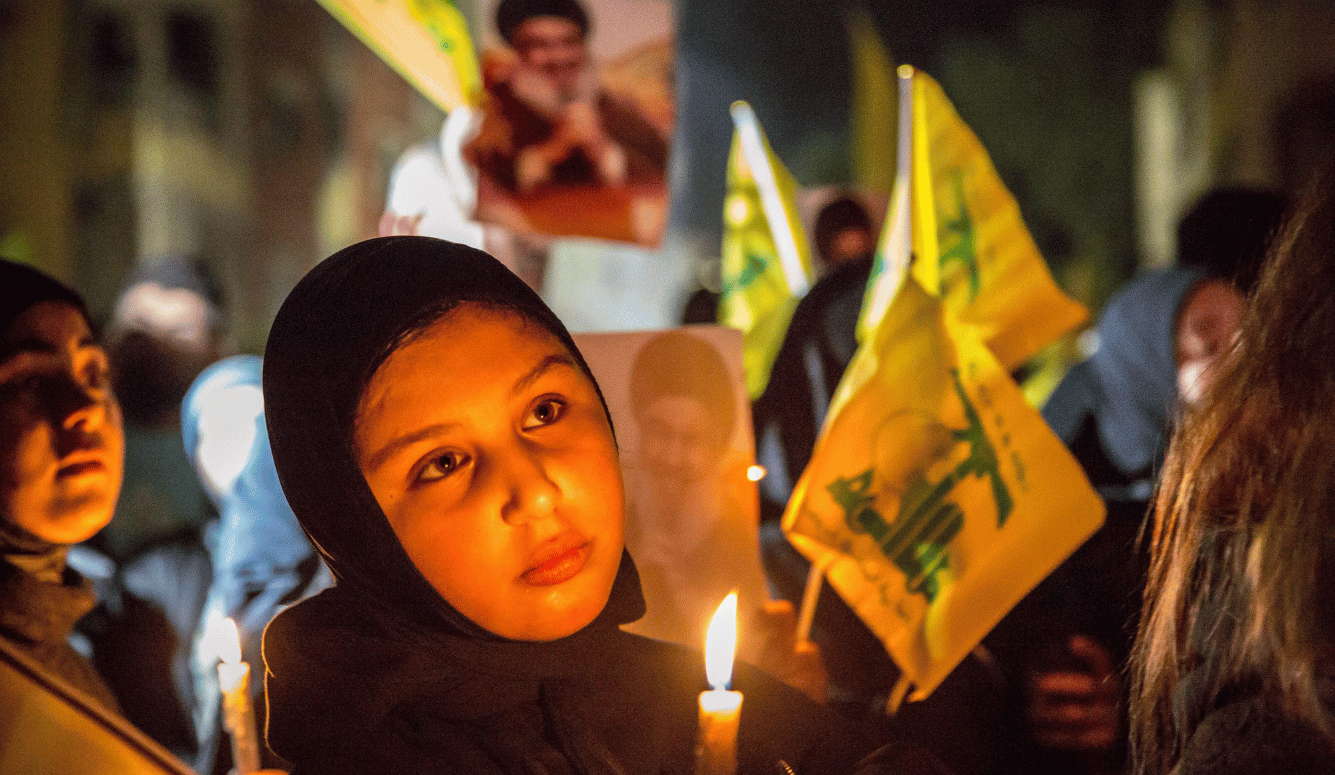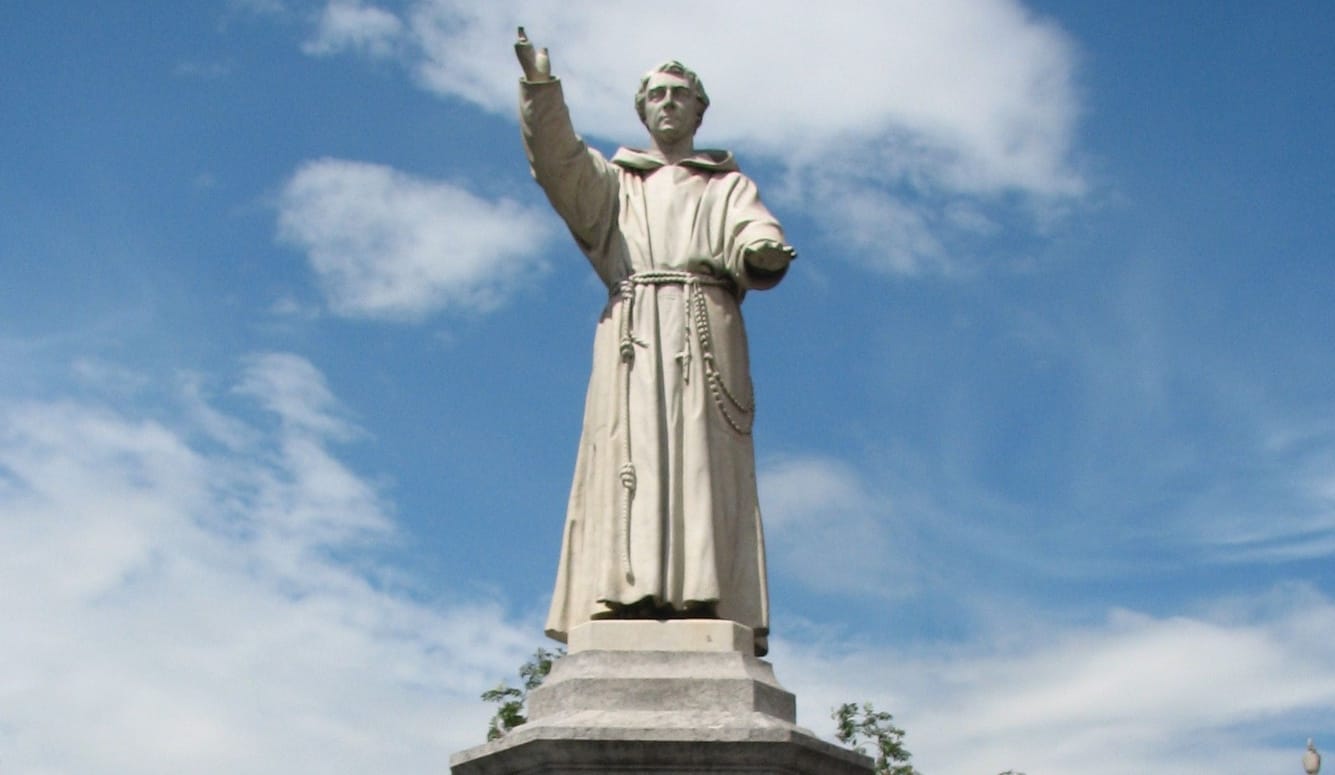Death of a Deluded Man
Yahya Sinwar should be remembered above all as a failure whose fetish for Jewish—and Palestinian—blood turned Gaza into dust and rubble.
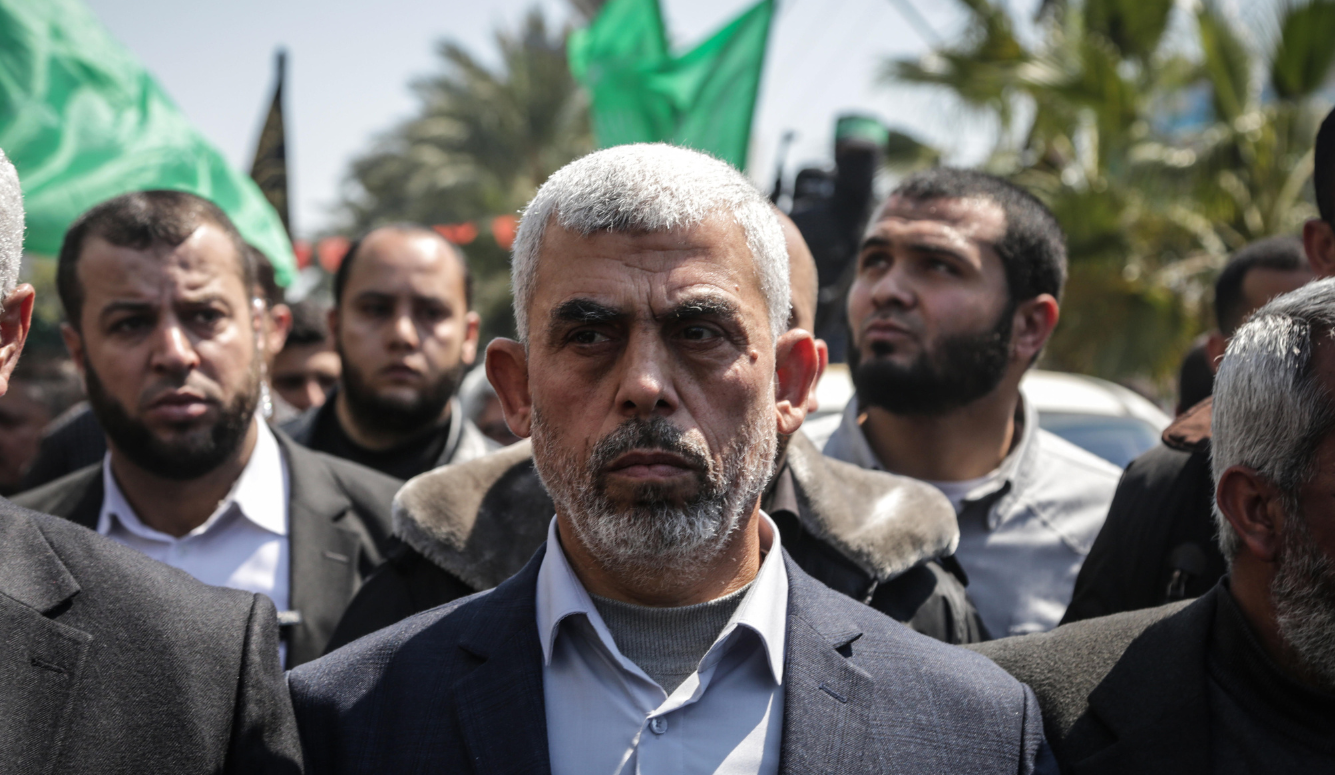
When I first heard, the news hadn’t yet been confirmed: there were just swirling rumours that Yahya Sinwar, the leader of Hamas, had been killed in Gaza. But then within a half-hour, the press carried a series of photos of a dead man, bearded and dusty, with his skull caved in, surrounded by a troop of teenage IDF grunts. I felt a wave of peculiar, conflicting emotions—the natural revulsion at looking at a dead human being, together with a hopefulness that if Sinwar was dead, perhaps the conflict in Gaza might be coming to an end. Peace might be on the horizon.
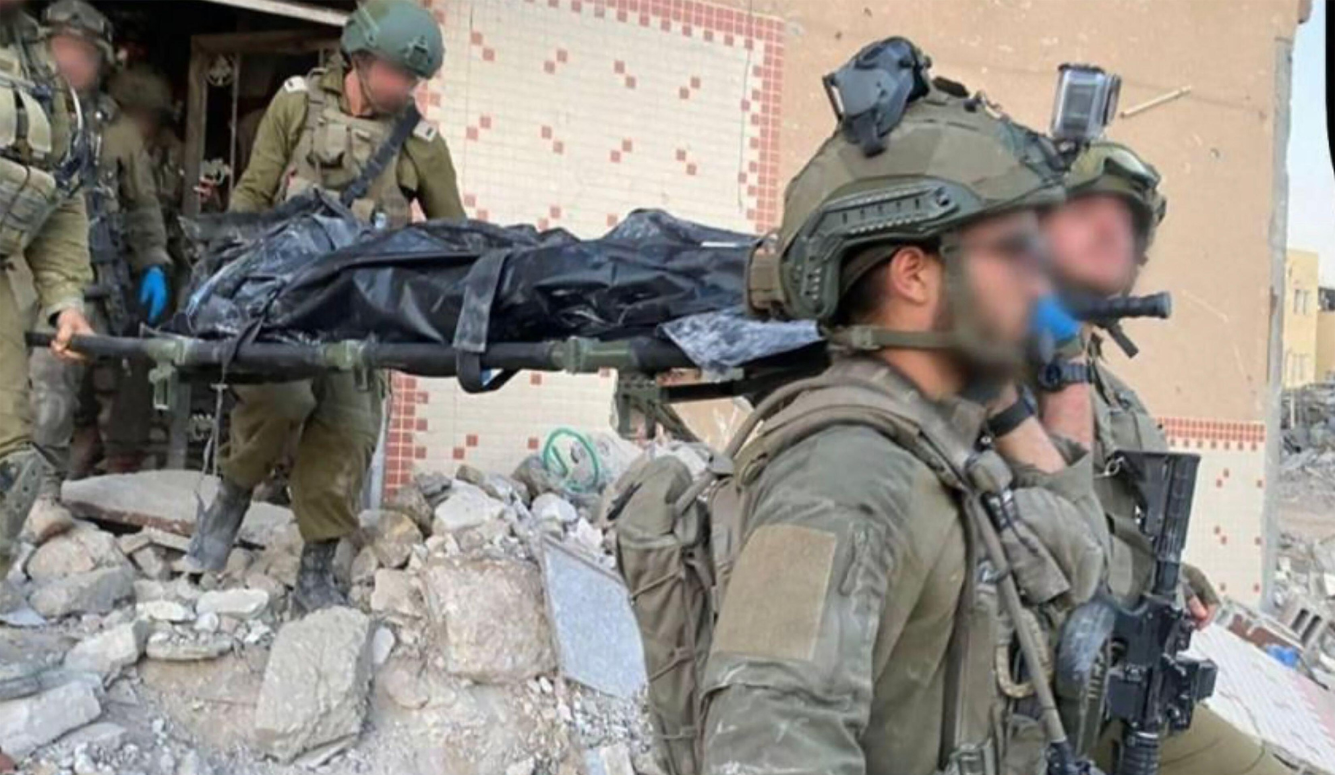
Carefully, I compared the images of the corpse with pictures of Yahya Sinwar hastily retrieved from a Google image search. His front teeth were the same distinctive shape as Sinwar’s; he had the same mole underneath his left eye; his ear lobes were the same shape. I didn’t have to wait for the subsequent genetic testing that confirmed it, or for the IDF announcement, or for the responses of the global media, or of Hamas itself. I already knew Yahya Sinwar, the architect of the so-called Al-Aqsa Flood of 7 October, was dead.
As the old saying, often erroneously attributed to Vladimir Lenin, goes, “there are decades in which nothing happens; and there are weeks in which decades happen.” For Palestinians and Israelis, the last year has felt like week after week in which decades happen. But the death of Sinwar is particularly momentous, and perhaps marks an inflection point, an opportunity to head in a new, different, more hopeful direction.
To decipher the meaning of his death, we have to go back to before 7 October to try to understand what it was that Sinwar was trying to achieve. Sinwar’s goal on 7 October, as he explicitly laid out in a conference in Gaza City in 2021, was the invasion and conquest of Israel in the manner of the mediaeval Islamic conquests, and the establishment of an Islamic theocracy in its place. Sinwar’s followers were absolutely sincere in this. This wasn’t some cosplay or multi-layered LARP.
As Armin Rosen noted:
Documents recovered by the IDF in Gaza showed that Hamas planners anticipated the October 7 attack would reach much further into Israel than it actually did. In recent weeks, IDF teams in Lebanon have discovered extensive evidence that Hezbollah’s Radwan forces had pre-positioned weapons and attack teams for an invasion of the Galilee in the months before the October massacre. Sinwar, for his part, had a plausible theory of victory, especially in light of the disarray of Israel’s initial response. If Hamas fighters could make it 30 miles across the desert to their comrades in the West Bank, they could bisect Israel while their Hezbollah allies struck from the north. All the while, he envisaged Arab Israelis rioting, in a repeat of the country’s 2021 unrest, while Iran lobbed ballistic missiles, and the governments of Egypt, Jordan, and maybe even Turkey joined in too—and the cherished dream of the Muslim conquest of Palestine became dazzlingly real.
Of course, Hamas supporters have been enthusiastically eulogising Sinwar, making him out to be a brave warrior fighting for the rights of his people. We should not let them succeed in this delusional venture.
To judge him by his own terms, 7 October was a colossal and humiliating failure. After killing some Israeli soldiers and committing atrocities against Israeli civilians, Hamas were ultimately repelled by the IDF. Hezbollah did not invade northern Israel. Jordan, Egypt, and Turkey did not join the crusade. Instead, Hamas’s fighters were routed, and the Israeli military invaded Gaza and comprehensively dismantled Hamas, killing entire echelons of the terrorist group’s commanders and leaders.
By November, once it had become clear that 7 October had failed to achieve its main objective, Hamas altered its stated mission: now, instead of one 7 October, they have vowed to repeat the 7 October massacre again and again and again until Israel is destroyed. This remains their goal to this day.
Sinwar really didn’t give a damn about the impact on Gazan civilians that the war he was planning might have. The world left Hamas in charge of Gaza, but this was not a government that tried to make life better for Gazan civilians. For Israelis, rushing to an air raid shelter to avoid incoming rockets fired indiscriminately at the country by Hamas and Palestinian Islamic Jihad has become a common feature of wartime life. But for Palestinians in Gaza, there are no such air raid shelters, in spite of the fact that Hamas has built hundreds of miles of tunnels underneath the Strip. At the outset of the war, Hamas Political Bureau Chief Moussa Abu Marzook was asked whether ordinary Gazans would be able to shelter in those tunnels. His response was telling: the “tunnels,” he explained, “are meant to protect [Hamas] from the airplanes. We are fighting from inside the tunnels.” In his view, he explained, it is not Hamas’s responsibility, but the responsibility of the UN to protect Gaza’s civilians.

Indeed, Hamas’s previous leader Ismail Haniyeh believed that it was necessary for the Palestinian civilians to suffer for Hamas’s war effort. He explicitly stated that: “We need the blood of the children, women, and elderly to... ignite within us the spirit of revolution.”
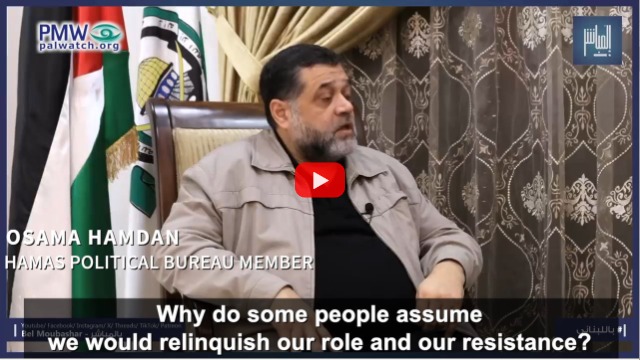
And suffer greatly they have done. The reality for Gazans has been death, displacement, hunger, and thirst. According to the most recent AWRAD poll of Gazans published on 8 September 2024, 51 percent of Gazans today are living in tents; 17 percent are living in shelters; 19 percent are living in bomb-damaged houses and apartments; 2 percent are living on the streets; and only 7 percent are living in undamaged houses. The most urgent priorities stated by those polled were “settling down or not having to move again” (49 percent), “securing sufficient food or water” (21 percent) and “securing decent housing until new homes are rebuilt” (16 percent). Two million human beings have been suffering for a year now, under this war in Gaza. This has been a disaster of epic proportions—not only for Gaza and Israel, but for the entire world.
Considering all of this, it is unsurprising that many Gazans were reportedly jubilant at the news of Sinwar’s demise. Speaking to The New York Times, Mohammed, a 22-year-old Gazan said: “[Yahya Sinwar] humiliated us, started the war, scattered us and made us displaced, without water, food or money,” adding that the news of Sinwar’s death had made that day “the best day of my life.” Such anecdotes tally with the broader polling showing that Palestinians in Gaza are becoming increasingly sick of Hamas. As I noted in Quillette earlier this month:
Support for Hamas has fallen to just 6 percent, while support for Hamas’s main political rivals, Fatah, has jumped to 47 percent. The same poll shows that Palestinians in Gaza have shifted and 62 percent of them now favour a two-state solution: an overwhelming rejection of Hamas’s vision of driving the Jews away through terror.
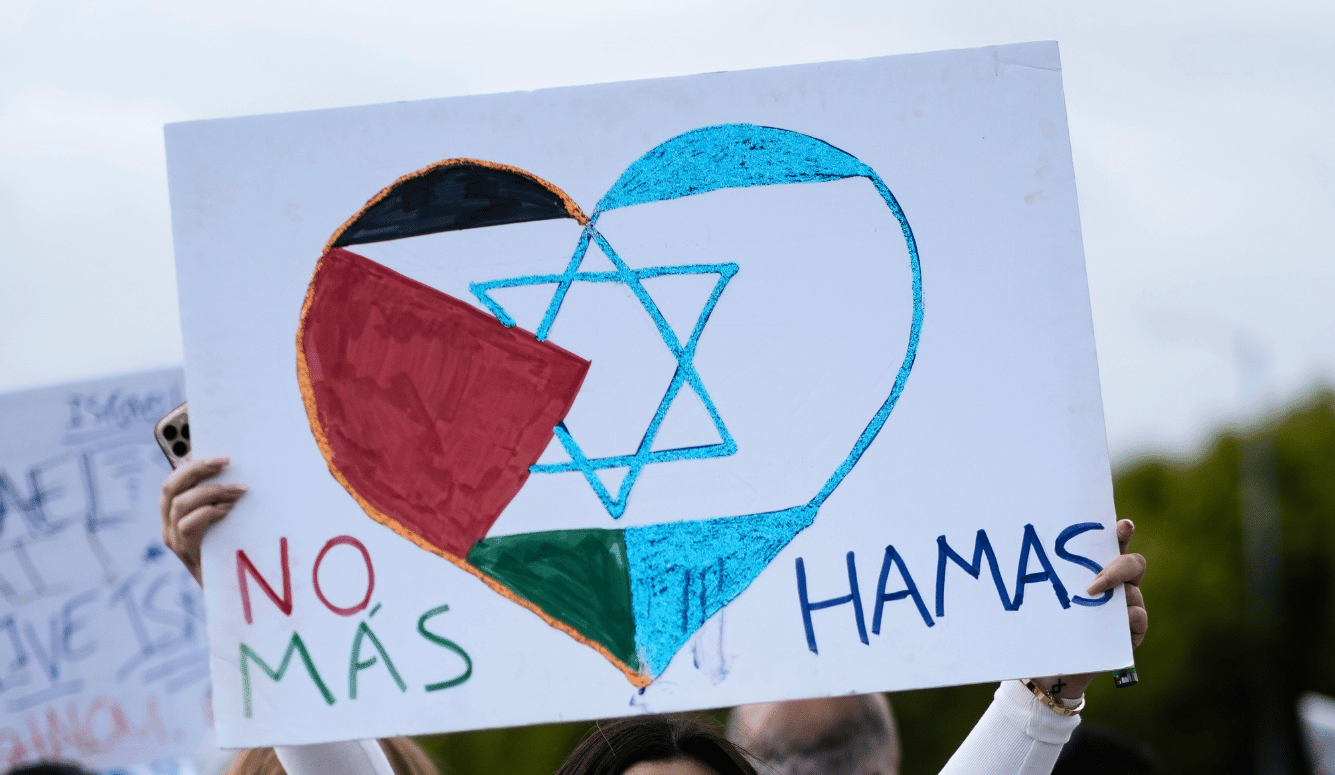
Sinwar should be remembered above all as a failure who gambled everything on an anti-Jewish crusade to ethnically cleanse Israel and create an Islamic theocracy from the river to the sea, subjugating everyone who stood in his way—whether Jewish, Muslim, Christian, or unbeliever. Gaza—situated at the crossroads of Europe, Africa, and Asia—should be a glimmering oasis of prosperity and economic development. Sinwar’s jihadist crusade, his fetish for Jewish—and Palestinian—blood, turned Gaza into dust and rubble.
To bring this war to a close, the remnants of Hamas should release the remaining hostages, and accept the amnesty that the Israeli government is now offering them if they do so. Beyond that, the Palestinian people must wholly reject Hamas, their ideology, and their methods. Jihad against Israel is not dignity; it is not honour; it is not steadfastness. Jihad against Israel is an embarrassment, a manifestation of racial bigotry, religious supremacism, and totalitarianism. Jihad against Israel has locked us into a vile existential struggle and caused the death of thousands of innocents on both sides. Instead of framing this in terms of an absolutist death-or-victory mentality, why not look toward the more peaceful and prosperous Arab states who coexist with Israel, recognise Israel, and trade with Israel?
I’m not claiming that Israel is a perfect peace partner, nor that Palestinians do not have legitimate grievances against Israel. Palestinians bear deep wounds from this conflict. Many Israelis—represented in the present government by Itamar Ben Gvir and Bezalel Smotrich—deny the validity of Palestinians, demean us as “just Arabs,” and believe that all the land from the river to sea, including the entirety of Gaza and the West Bank, is Israeli and Jewish land. But there is also a substantial part of Israeli society that is willing to accept a two-state solution. There have been a slew of attempts to reach an agreement on this, and we have got very close to an agreement at various points in the past, including in 2008, when Mahmoud Abbas and Ehud Olmert went back and forth with a variety of map proposals for a two-state solution based on the 1967 borders. We need to try and work with the segment of Israeli society that is sick and tired of war and willing to compromise for peace.
But we also have to recognise that Israel is not going to be dislodged by force, as Sinwar dreamed. The Jewish roots in the land are deeper than most people even begin to understand. The fact that they re-established a Jewish state in 1948 almost two millennia after Judea was conquered by Rome should be proof enough of this. Israel’s repeated victories against Arab armies that wished to erase the country from the map—armies that were defeated in 1948, 1967, 1973, and again now under Hamas—simply underlines this fact. The Israelis will do everything they can to retain their sovereignty. It’s a non-negotiable for them. They don’t want to live as dhimmis under Islamic domination—just as Palestinians have a right to be free and sovereign, so do they.
Yahya Sinwar must be the last Palestinian leader who defines being Palestinian in terms of total rejection of Israel. Let’s be realistic. Neither Palestinians nor Israelis are going anywhere. Neither of us are colonisers; we are both indigenous and native to the land, a land with a long history of being conquered and reconquered again and again. Indoctrinating children into believing that Israel can simply be destroyed by jihad is not the path forward. It is the road to hell. It is the road to a destroyed land and to a miserable existence in tents.
This is a chance for peace. Let’s move on from Sinwar. The first priority should be to negotiate with Israel. Let’s sit down at the table as adults and figure out borders that both sides can accept. That process will give us the opportunity to build a new Palestinian state on our side of the border and to build new homes for all the Palestinians displaced in 1948 and in 2023, within that new state. The next priority should be to build up the Palestinian economy and establish a prosperous state that takes advantage of Palestine’s strategic location. To do this, we will need to work with the Israelis, as well as with Jordan, Egypt, Saudi Arabia, and the UAE, to create a new regional economic hub.
Palestinian life doesn’t have to involve misery, sacrifice, death, and destruction. After all, the European nations fought each other for centuries in religious conflicts over land and empire. But since World War II, they have chosen to move in a different direction—towards peace, coexistence, and mutual co-operation. That framework has lasted over 80 years now, and these have been the most prosperous years of Europe’s history. This could happen in the Middle East, too. This is not some wild fever dream: we, too can embrace modernity and enlightenment values—history teaches us that former enemies can be reconciled. We too can achieve this vision of peace and prosperity—if we have the courage and steadfastness to reach out and grasp it.
This also applies to those Western agitators who have been lionising Sinwar. Western freedom and civilisation rest on pluralism, coexistence, and compromise. Sinwar’s ideology of anti-Jewish jihad destroyed his own society. If we export the same ideology to Europe, America, or Australia in the name of “resistance” or “decolonisation,” we risk tearing Western societies apart. This is not the ideology of the future; it is the ideology of the dark ages. It must die with Yahya Sinwar.


